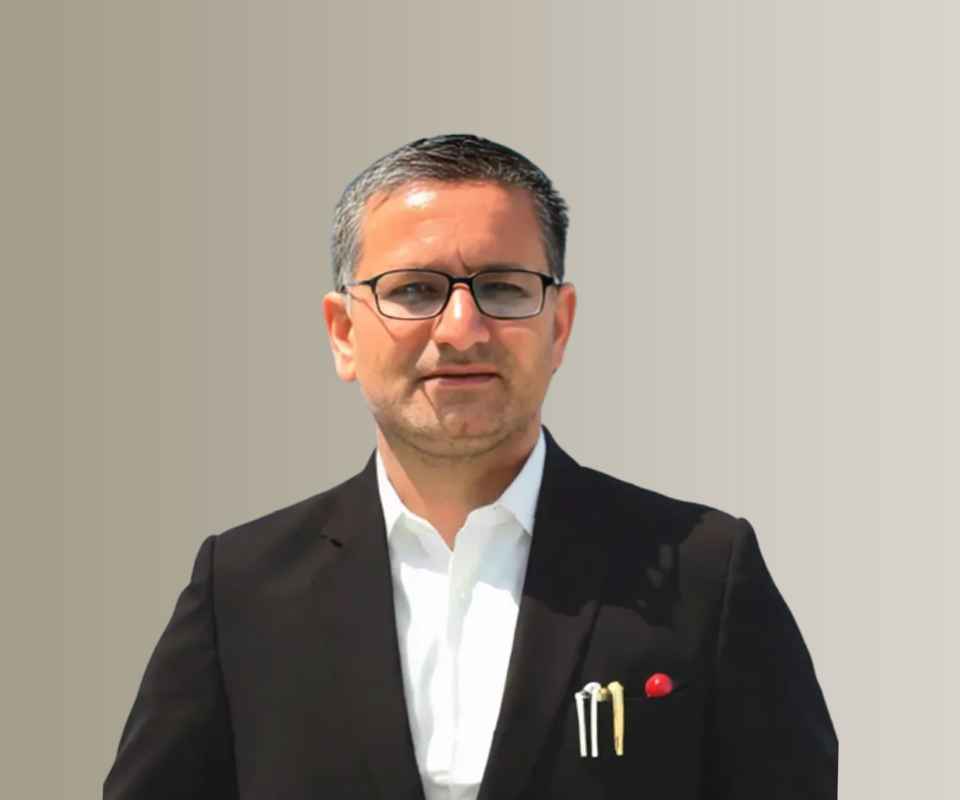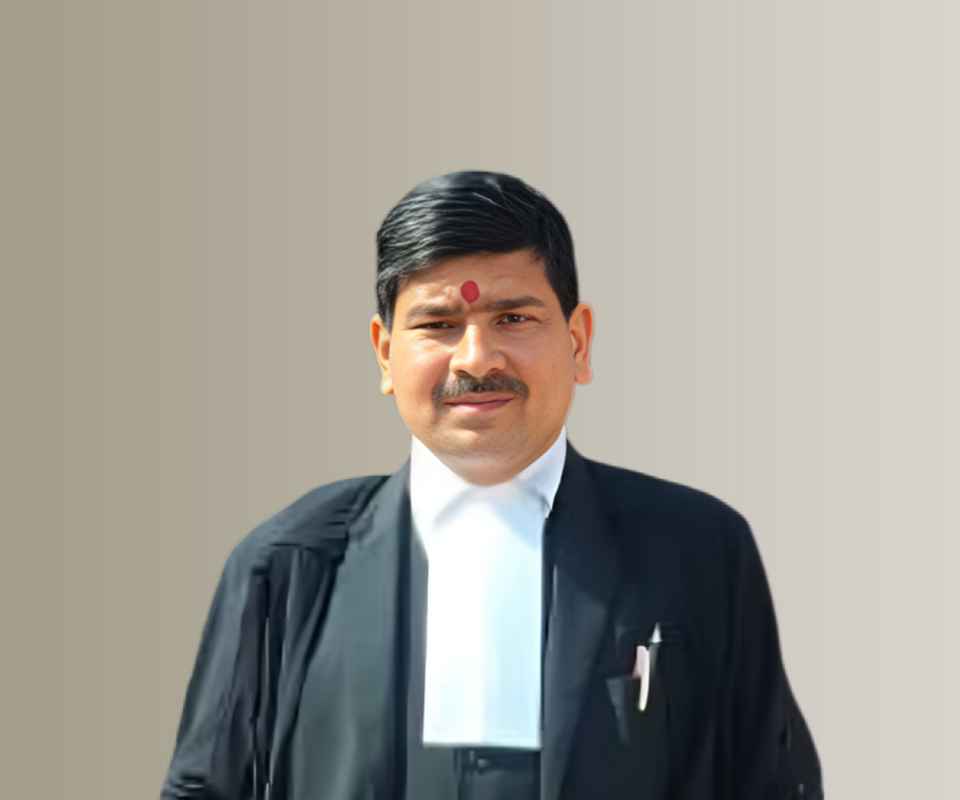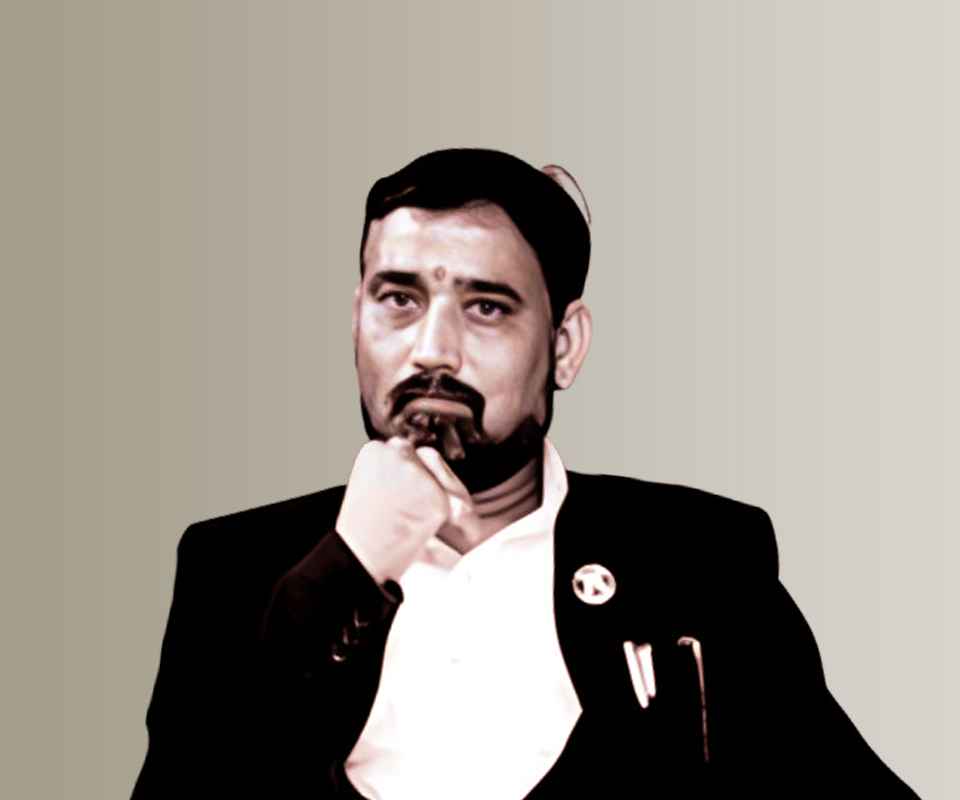Answer By law4u team
The Canteen Stores Department (CSD) and the Ex-Servicemen Contributory Health Scheme (ECHS) are important services available to military personnel and veterans. However, eligibility for these services depends on the type of discharge and post-service status of the individual. Understanding how discharge impacts access to these benefits is essential for veterans and their families.
Impact of Discharge on CSD and ECHS Eligibility
Canteen Stores Department (CSD) Eligibility:
Eligibility for Serving Personnel:
CSD provides canteen facilities offering discounted goods to serving military personnel.
Eligibility After Discharge:
After discharge, veterans can continue to use the CSD facilities if they are pensioners. Specifically, individuals who are retired with a pension are allowed to use CSD facilities. However, veterans who are dishonorably discharged or have received other than honorable discharges typically lose access to CSD services.
Conditions for Accessing CSD:
For continued access to CSD after discharge, veterans must register with the CSD authorities and produce proof of pension status. Additionally, the veteran may need to provide identification cards and discharge documents to confirm eligibility.
Ex-Servicemen Contributory Health Scheme (ECHS) Eligibility:
Eligibility for Serving Personnel:
ECHS provides healthcare services to military personnel, retirees, and their dependents.
Eligibility After Discharge:
Similar to CSD, ex-servicemen who retire with a pension remain eligible for ECHS benefits, which includes access to healthcare and medical facilities. Veterans must be registered with the ECHS and are provided with health cards, which grant access to medical services at ECHS centers across the country.
Conditions for Accessing ECHS:
ECHS eligibility after discharge generally depends on the veteran's pension status. Ex-servicemen who were discharged under honorable conditions and are not dishonorably discharged remain eligible for ECHS. However, those discharged dishonorably or under conditions other than honorable lose their eligibility for ECHS services. The veteran must apply for ECHS membership and update records with the medical authorities to receive benefits.
Dependents' Eligibility:
In both CSD and ECHS, the eligibility of the veteran’s dependents (spouse, children, etc.) is tied to the veteran’s status. If the veteran is eligible, their dependents can access CSD and ECHS benefits as well. However, if the veteran loses eligibility due to dishonorable discharge or other reasons, the dependents also lose access.
Legal Actions and Protections
Eligibility Review and Appeal:
If a veteran believes they were wrongfully denied CSD or ECHS benefits after discharge, they can appeal the decision through the appropriate military channels. Veterans can request a review of their discharge status or seek reclassification if their eligibility was unfairly revoked.
Maintaining Records:
Veterans should ensure that their discharge records and pension status are correctly updated in the military’s database. This will prevent issues in accessing CSD and ECHS services after discharge. Ensuring that all documents are in order helps streamline the process of obtaining or maintaining benefits.
Seeking Alternative Health Services:
In case veterans lose ECHS eligibility due to their discharge status, they can explore other government or private healthcare schemes. They may be eligible for benefits through state or national programs aimed at supporting ex-servicemen.
Example:
A retired army personnel who received an honorable discharge and is receiving a pension will continue to have access to CSD and ECHS services after discharge. The individual can use their pension documents and identification cards to access discounted goods at CSD canteens and healthcare services at ECHS clinics. However, if a service member is dishonorably discharged, they will lose access to both CSD and ECHS services and may need to explore other forms of assistance.







